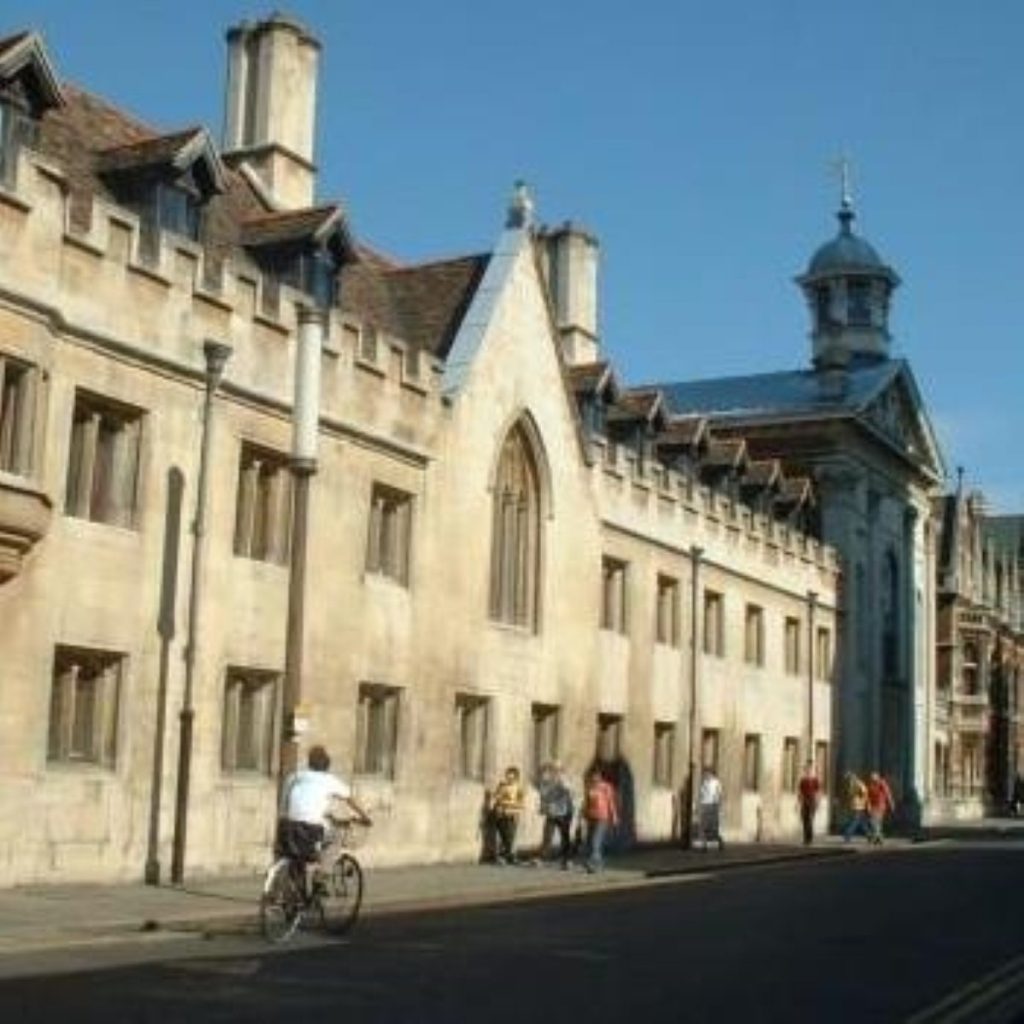Students expect degrees to cost £20,000
University applicants expect three years of university to cost them £20,000, according to a new survey published today.
More remarkable than the high price they expect to pay is the fact that they appear to be overestimating by less than £1,000, according to Natwest’s 2003 ‘Student Money Matters Survey’. This suggests that university applicants are very aware of the cost of university education, which comes in the form of books, fees, accommodation and food.
The trade off for paying such a high price is often the prospect of a high paying job when a degree is complete, and although the economic downturn has made life harder for new graduates, the survey has good news too.
Average starting salaries for graduates have fallen to £12,659, and only around a quarter of students now have a job lined up when they complete their course. However, three quarters of last years graduates were in full time work one year after graduating, and around a half believe they are in a good career.


New applicants appear to be willing to meet the cost of their education with part time jobs, with more than nine in every ten willing to work while studying. This is likely to supplement loans totaling an expected £11,365, much of which will be paid back from future earnings.
Students working during their degree will be able to keep better control of their finances but there are concerns about the impact of this on their education. Forty three percent of students admitted to the survey that they had missed lectures in order to take more shifts at work. This indicates that poor students may not get the degree they are capable of because of their financial worries.
Liberal Democrat Higher Education Spokesman David Rendel used the figures to attack the government on student fees, which will amount to a little over three thousand pounds for a three-year degree.
He commented: ‘Tuition fees are not only acting as a disincentive to many young people thinking about going to university. They are also damaging the university experience for many people.’

